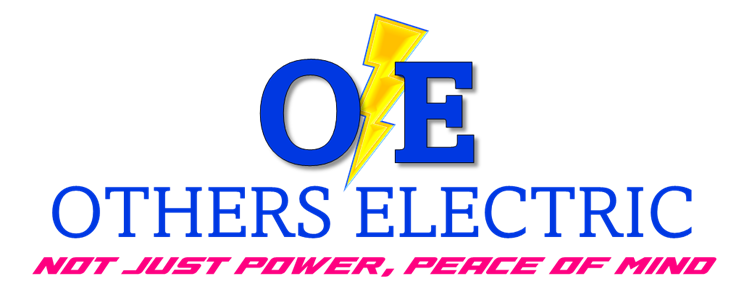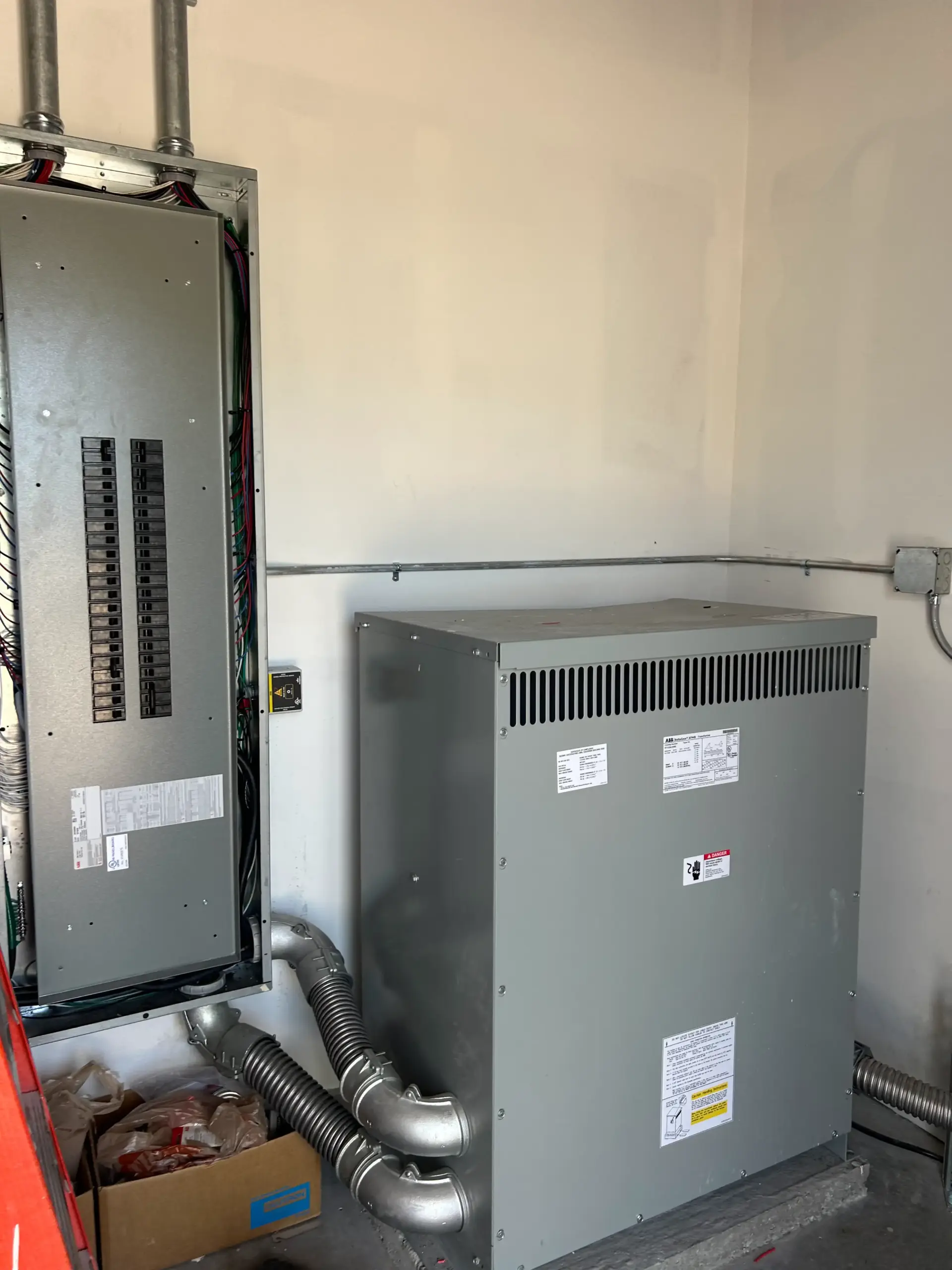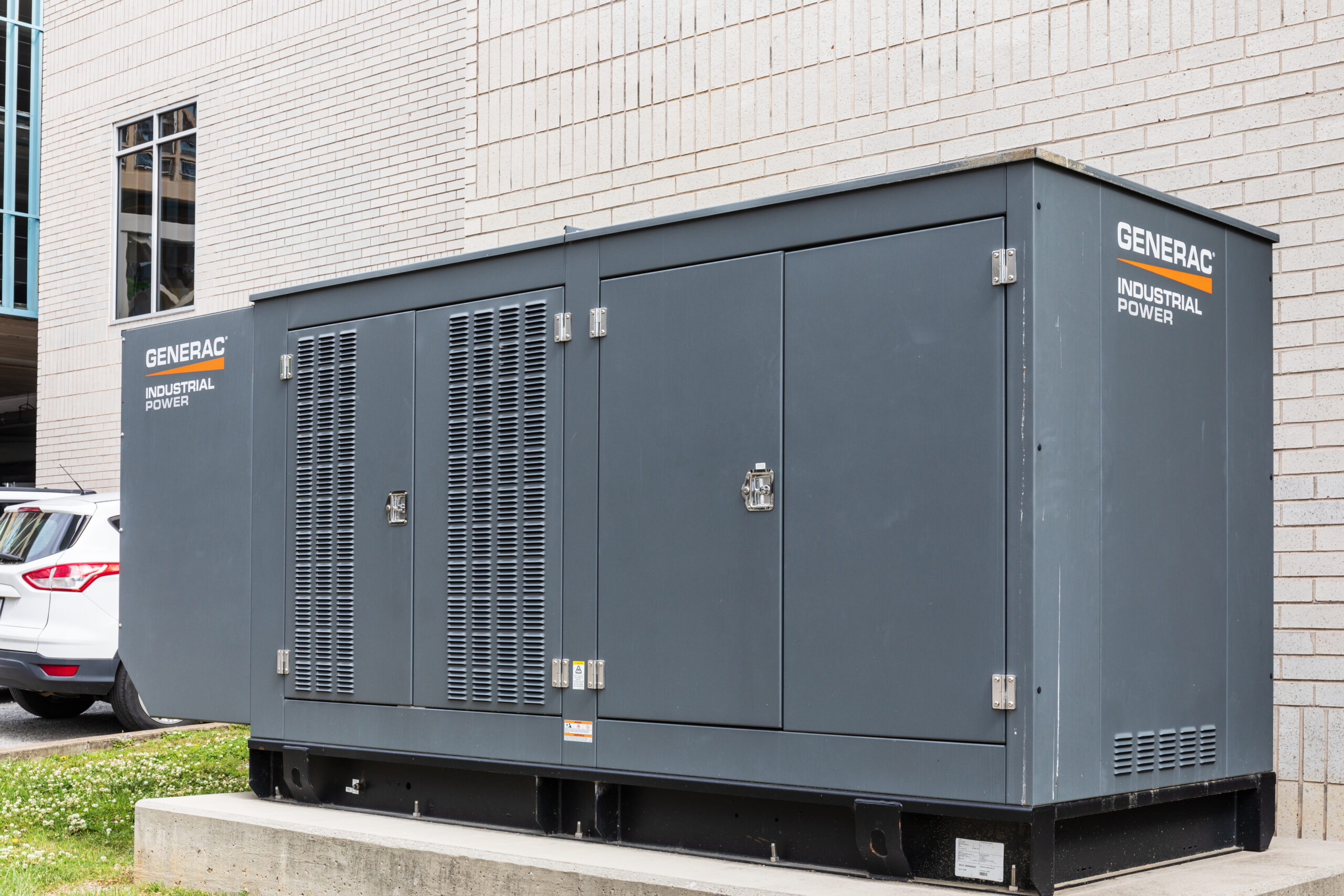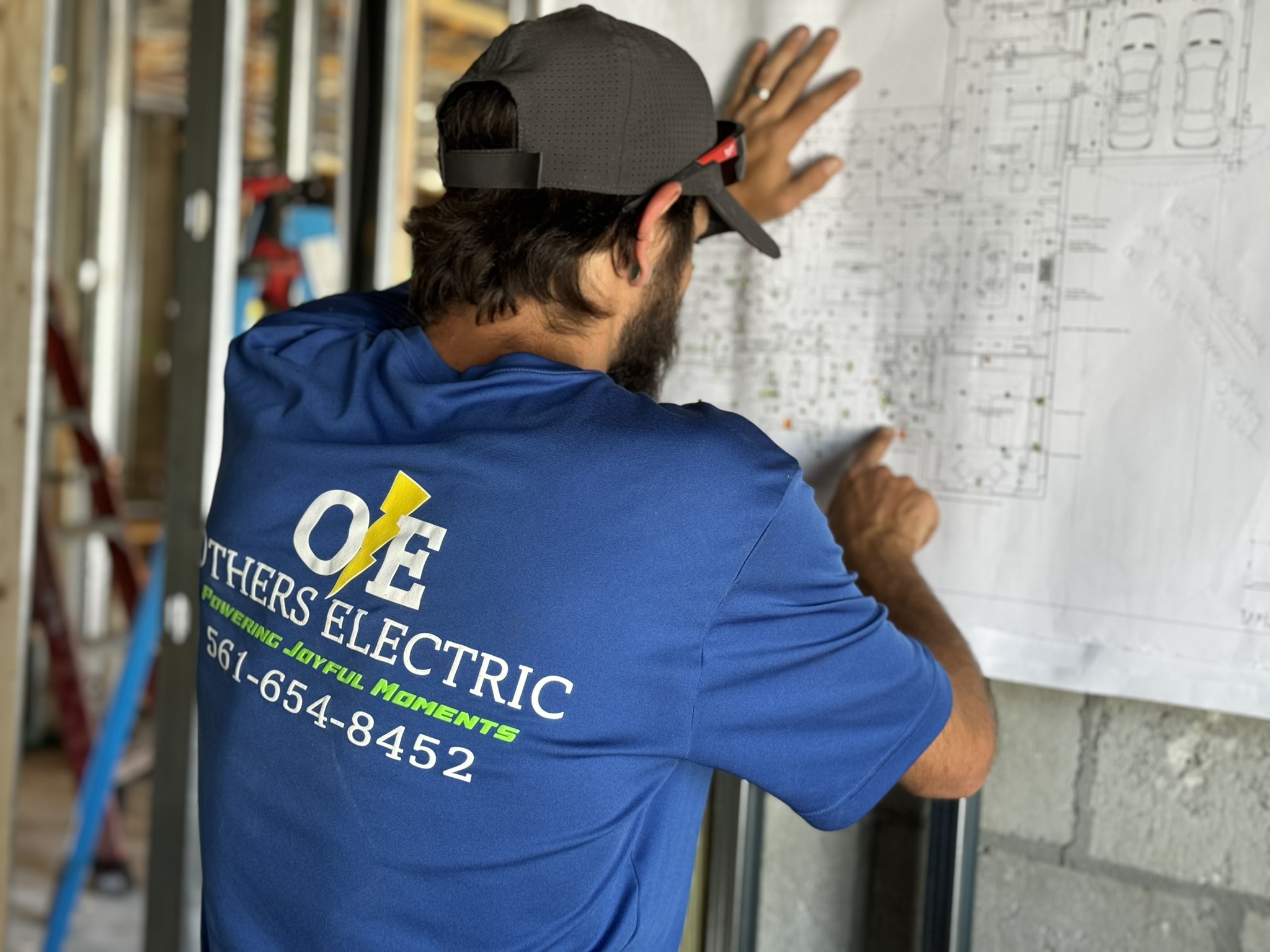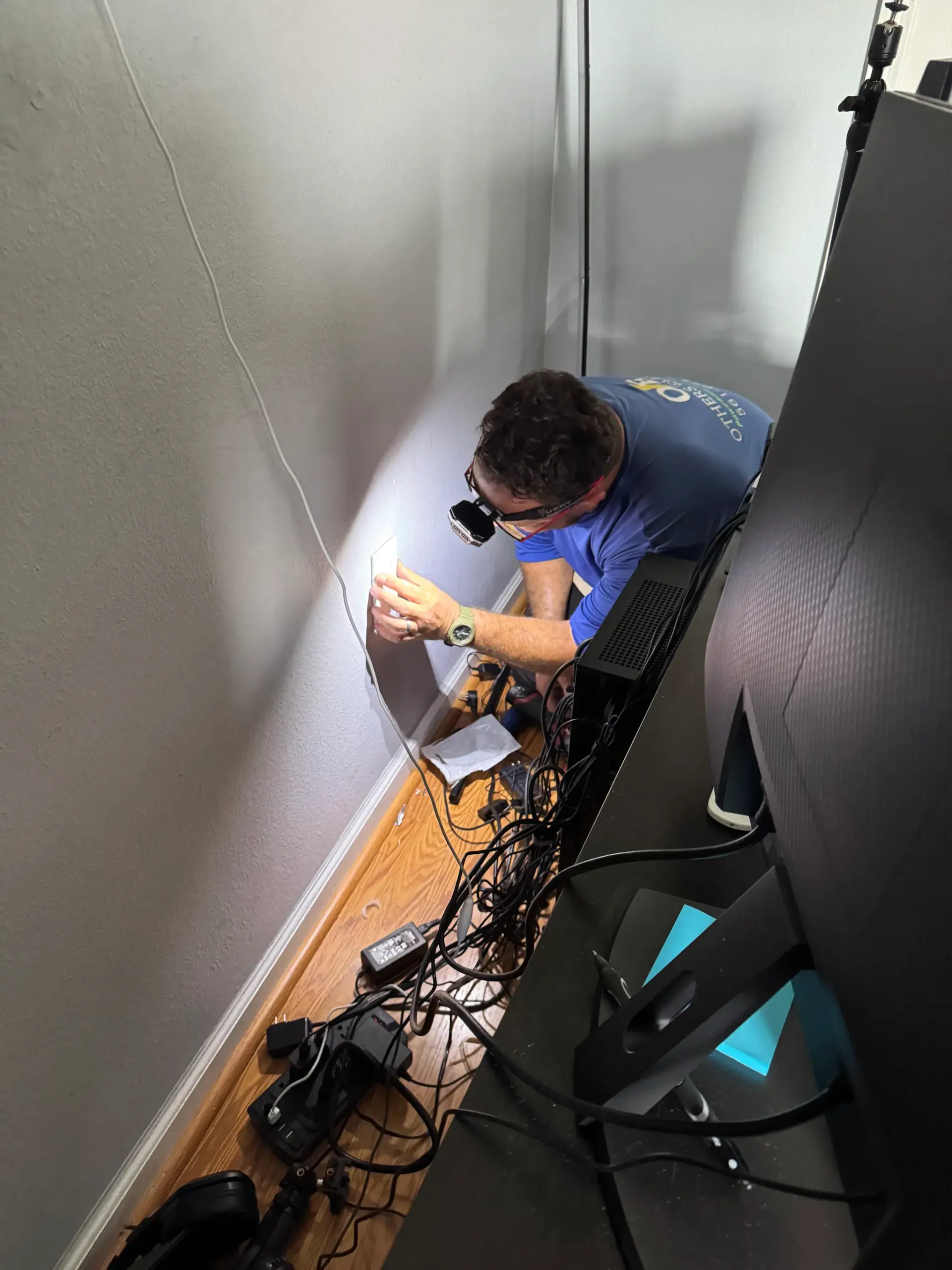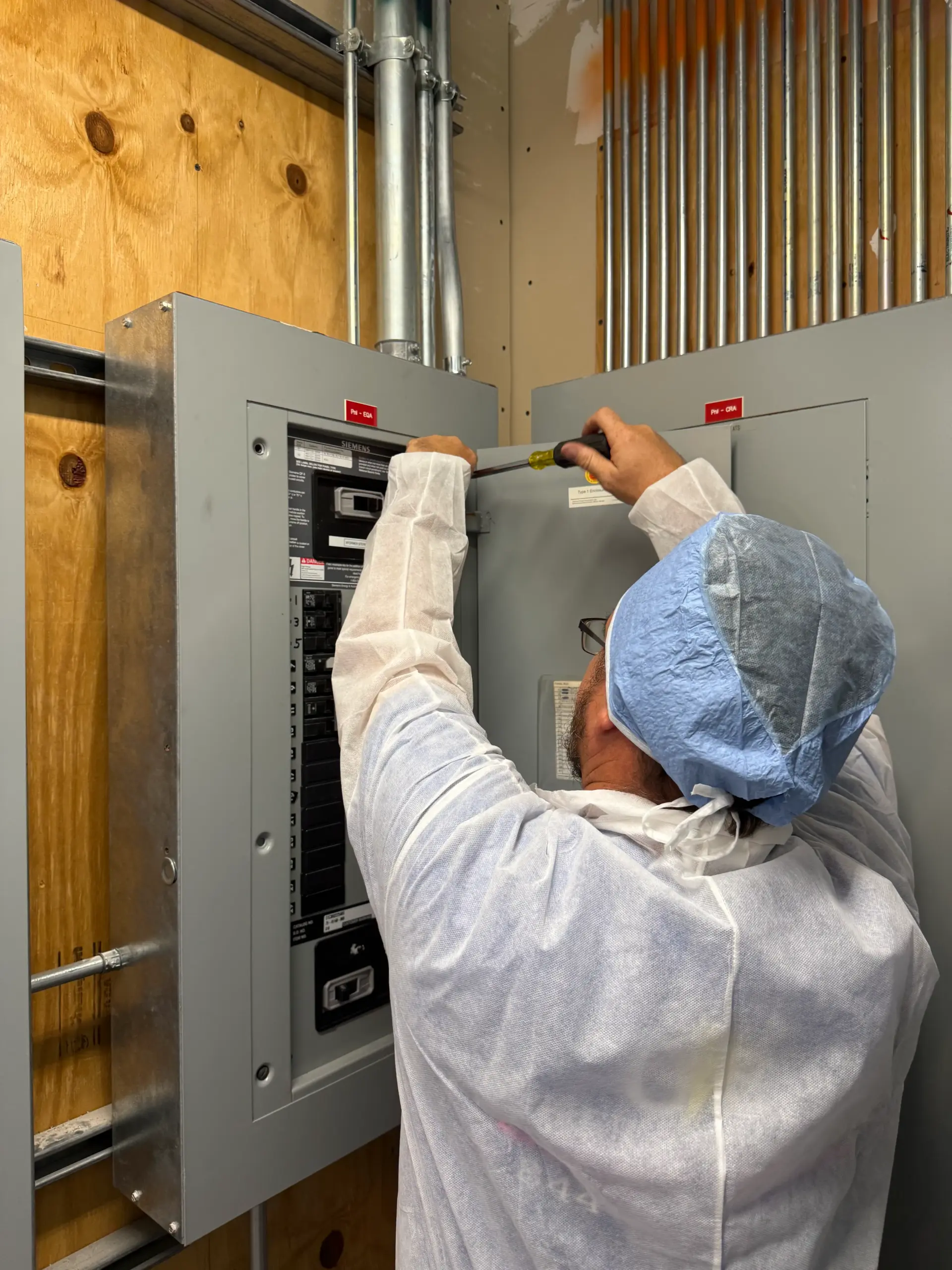As electric vehicles (EVs) become increasingly popular, the supporting infrastructure, including EV chargers, is evolving to meet growing demands. One aspect of this evolution is the integration of mobile apps with EV chargers, offering users enhanced control and convenience. You might be wondering do any EV Chargers need apps? While not all EV chargers require apps, many modern charging systems rely on them to deliver a seamless experience. Understanding whether an app is necessary and how it enhances the charging process can help EV owners make informed decisions.

The Growing Role of Technology in EV Charging
The development of EV chargers has progressed significantly over the past decade. Initially, EV chargers were simple devices designed to provide power. However, as the market expanded, so did the need for advanced features such as remote monitoring, payment processing, and optimized charging schedules. These features often rely on mobile apps or web-based platforms to function effectively.
Apps have become a central component for many EV chargers, particularly those in public spaces. By leveraging smartphone technology, apps allow users to locate nearby charging stations, check their availability, initiate charging sessions, and even track energy usage. This connectivity not only improves convenience but also plays a crucial role in integrating EVs into the broader energy grid.
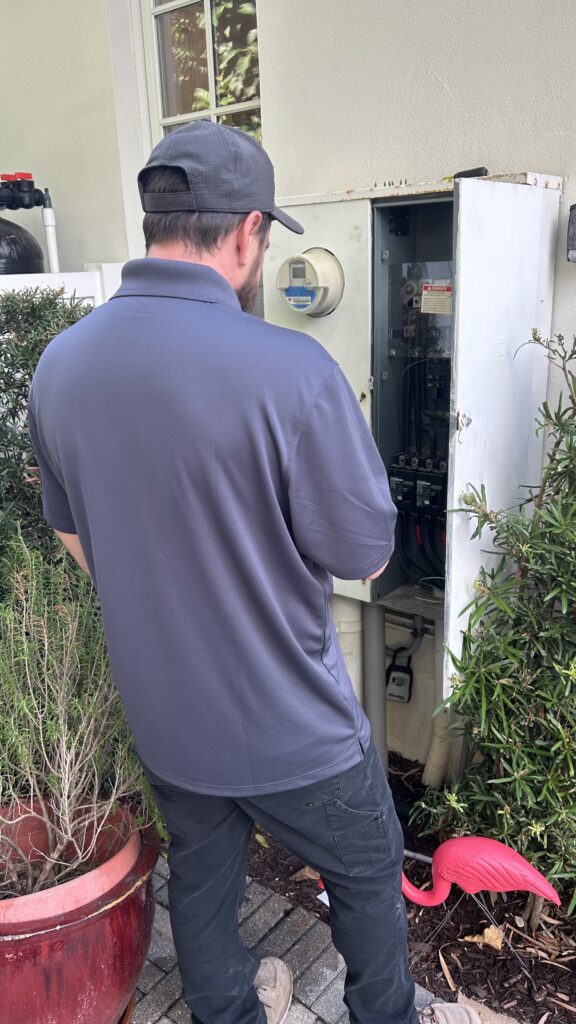
Types of EV Chargers and Their Relationship to Apps
EV chargers are generally categorized into three main types: Level 1, Level 2, and DC fast chargers. Each type has different capabilities, and the necessity of an app varies accordingly.
Level 1 chargers are the simplest, relying on a standard household outlet. These chargers are typically used for overnight charging at home and do not include advanced features that require app integration. Their straightforward design makes them accessible to users who prefer a plug-and-charge approach without additional steps.
Level 2 chargers, often found in homes, workplaces, and public spaces, offer faster charging and frequently include features like scheduling and energy monitoring. Many Level 2 chargers come with optional app connectivity, giving users the ability to monitor their charging sessions remotely or schedule them during off-peak hours. However, non-networked Level 2 chargers are still available for those who prefer not to rely on apps.
DC fast chargers are designed for rapid charging in public locations and are most commonly found along highways or in urban centers. These chargers often require app usage or a membership with a charging network. Apps for DC fast chargers allow users to locate the stations, check their availability in real-time, and manage payments, making them an integral part of the charging process.
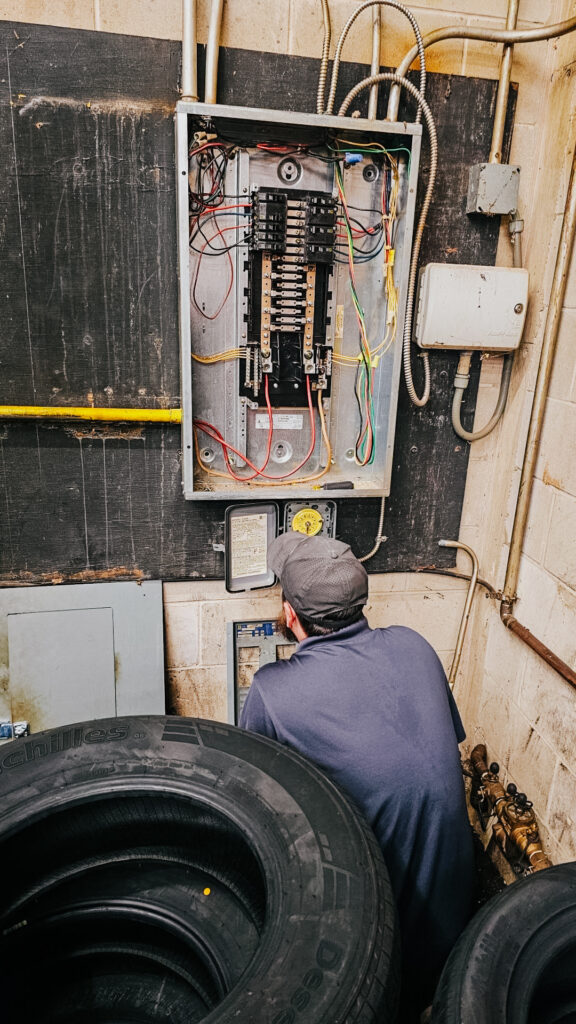
Advantages of Using Apps with EV Chargers
Apps provide several benefits for EV owners, making the charging experience more user-friendly and efficient. One of the primary advantages is the ability to locate chargers. With apps, users can search for charging stations nearby or along a planned route, filtering results by criteria such as charger type, charging speed, and cost.
Another key benefit is real-time availability. Charging apps often display whether a station is currently in use, saving users time and frustration. Additionally, some apps allow users to reserve a charger in advance, ensuring that it will be available when needed.
Apps also simplify payment processes by integrating secure payment methods. Instead of handling cash or swiping a card at the charger, users can pay directly through the app. This feature is particularly useful for public charging networks, where multiple payment systems may otherwise complicate the process.
For home charging, apps enable features like energy tracking and scheduling. Users can monitor how much electricity their EV is consuming and set charging times to coincide with lower electricity rates, reducing costs. Some apps also integrate with smart home systems, allowing users to control their chargers alongside other connected devices.
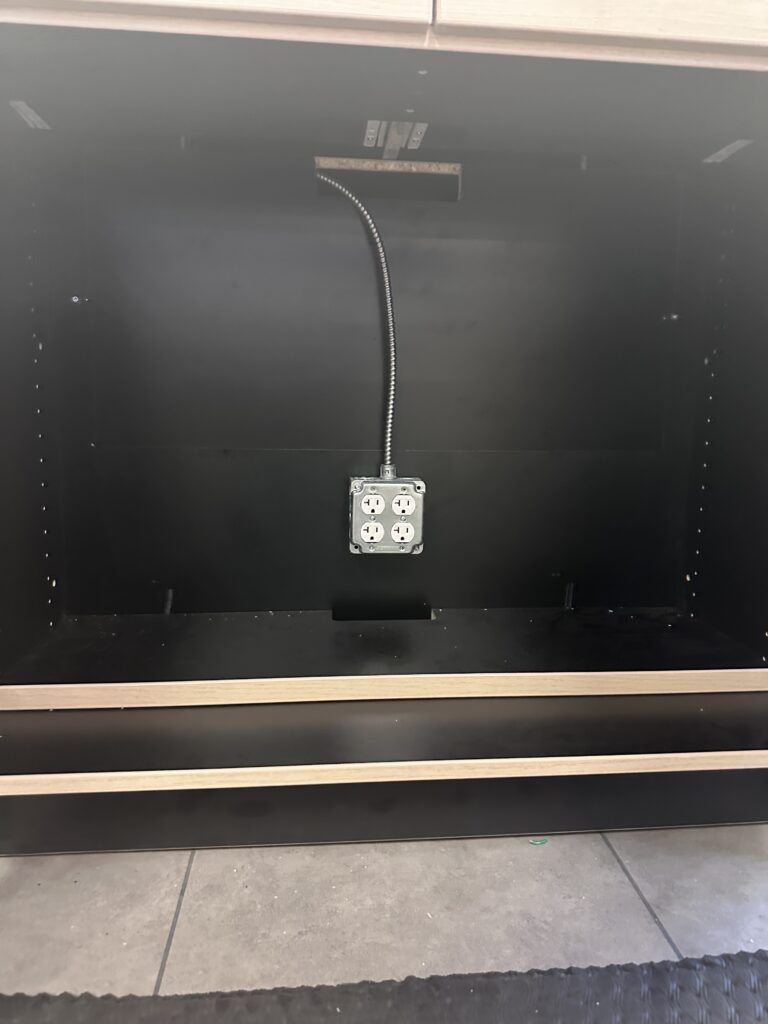
Do All EV Chargers Require Apps?
While many modern EV chargers incorporate app-based features, not all of them require apps to function. Basic chargers, such as non-networked Level 1 and Level 2 options, do not rely on apps and can be used independently. These chargers appeal to users who prefer simplicity or have limited access to smartphones or the internet.
However, for public charging networks and advanced home chargers, app usage is often necessary to access certain features. For example, most DC fast chargers require an app to initiate a session or make a payment. Similarly, home chargers with smart capabilities typically use apps to manage settings and monitor performance.
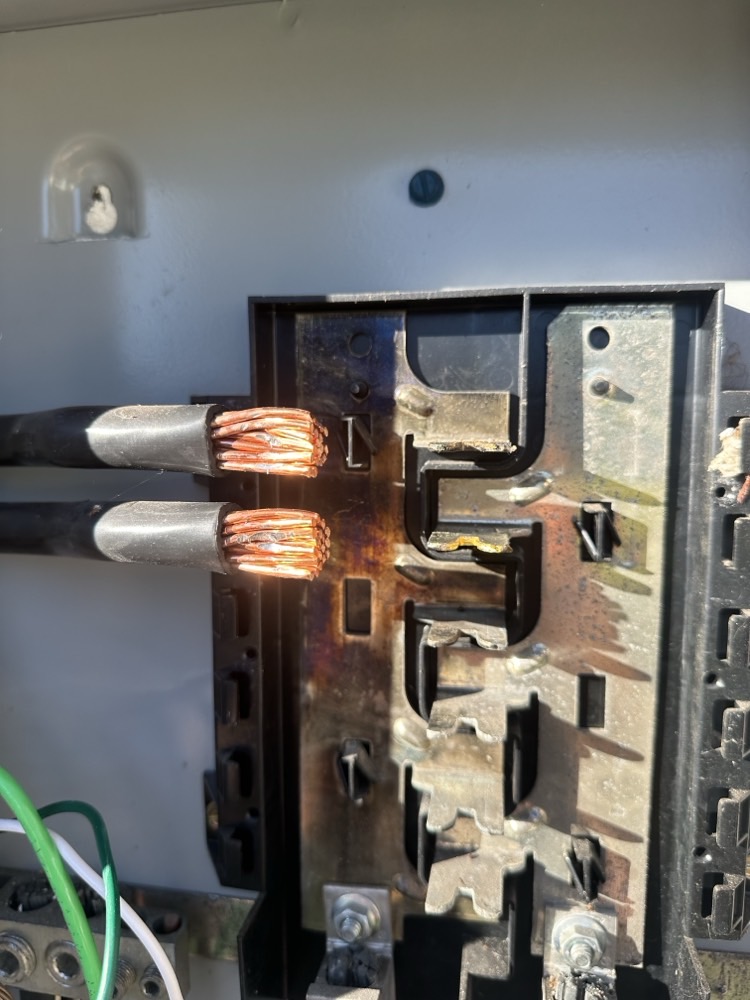
Common Features of EV Charger Apps
The features offered by EV charger apps vary depending on the manufacturer and type of charger. Some common functionalities include locating chargers, initiating charging sessions, and managing payments. More advanced apps may also offer energy usage reports, charger sharing options, and integration with renewable energy sources.
Some apps provide additional convenience by supporting multiple charging networks. This feature is particularly useful for EV owners who frequently travel and need access to a variety of charging stations. By consolidating network memberships into a single app, users can avoid the hassle of managing multiple accounts.
Are Apps Necessary for Everyday Charging?
For many EV owners, apps are not strictly necessary for everyday charging, particularly if they primarily charge their vehicles at home using a non-networked charger. In these cases, the charger functions like a standard appliance, requiring no additional steps beyond plugging in the vehicle.
However, for those who rely on public charging or use advanced home chargers, apps can greatly enhance the experience. From locating chargers to monitoring charging sessions, apps provide tools that simplify and optimize the process. They are especially valuable for users who prioritize convenience, energy savings, or access to premium features.
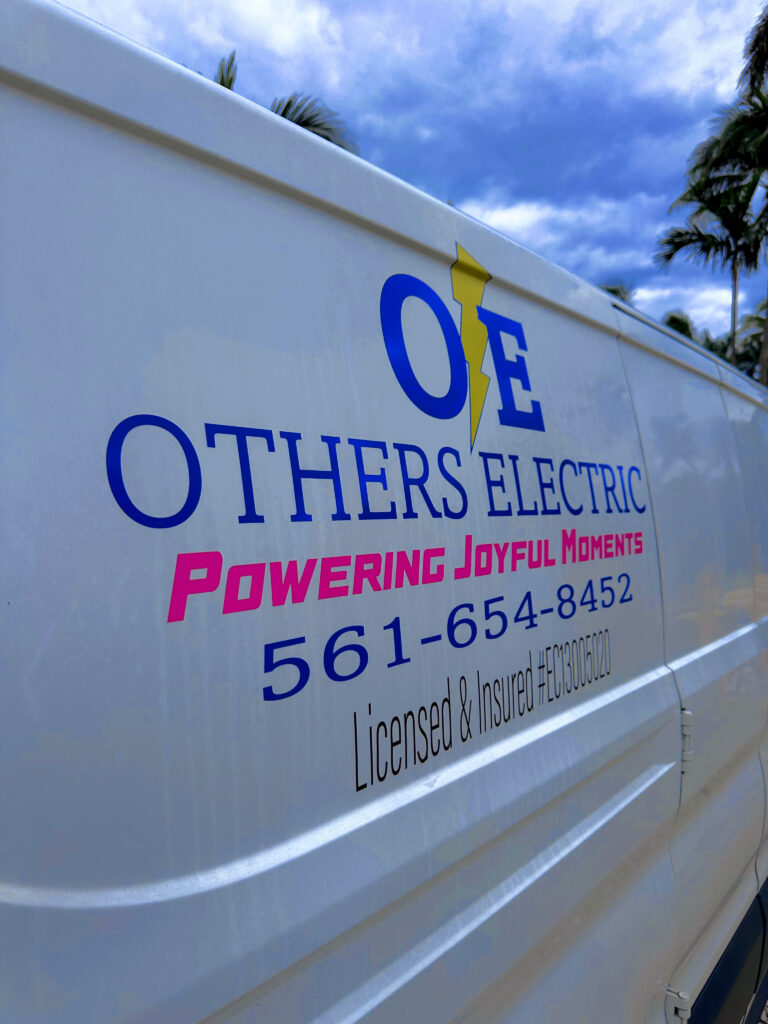
Choosing the Right Charger and App
When selecting an EV charger, it’s important to consider whether the associated app meets your needs. Look for an app that offers a user-friendly interface, reliable performance, and the features you value most. If you primarily charge at home, focus on apps that provide energy tracking and scheduling. For public charging, prioritize apps with comprehensive network coverage and real-time availability updates.
It’s also worth checking compatibility with your EV model and any existing smart home systems. Some apps integrate seamlessly with specific vehicles or platforms, offering a more cohesive experience.
The Future of EV Charging Apps
As EV technology continues to advance, the role of apps in charging is likely to grow. Future developments may include more sophisticated energy management tools, greater integration with renewable energy sources, and enhanced connectivity with autonomous vehicles. Additionally, efforts to standardize app interfaces and streamline network memberships could further simplify the charging process.
For EV owners, these innovations promise a more efficient and accessible charging experience. By embracing app-based features, users can take full advantage of the evolving EV ecosystem, ensuring that their vehicles remain charged and ready for the road ahead.
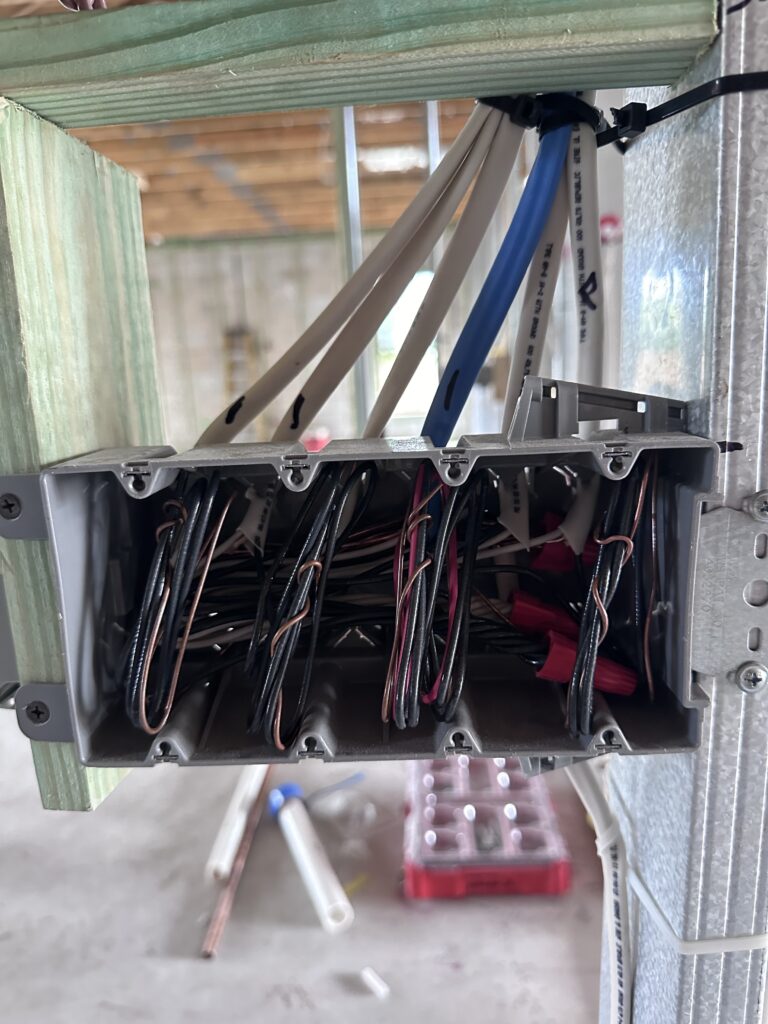
Conclusion
While not all EV chargers require apps, many modern charging systems rely on them to enhance functionality and convenience. Apps play a vital role in locating chargers, managing payments, and optimizing energy usage, making them an indispensable tool for many EV owners. Whether you prefer a basic charger or one with advanced app integration, understanding your options can help you choose the solution that best meets your needs. As the EV market continues to grow, apps will likely remain a key component of the charging experience, offering tools that simplify and enrich the way we power our vehicles. If you are in need of an EV Charger installation, let us know. We hope this answers your question do any EV Chargers need apps.
